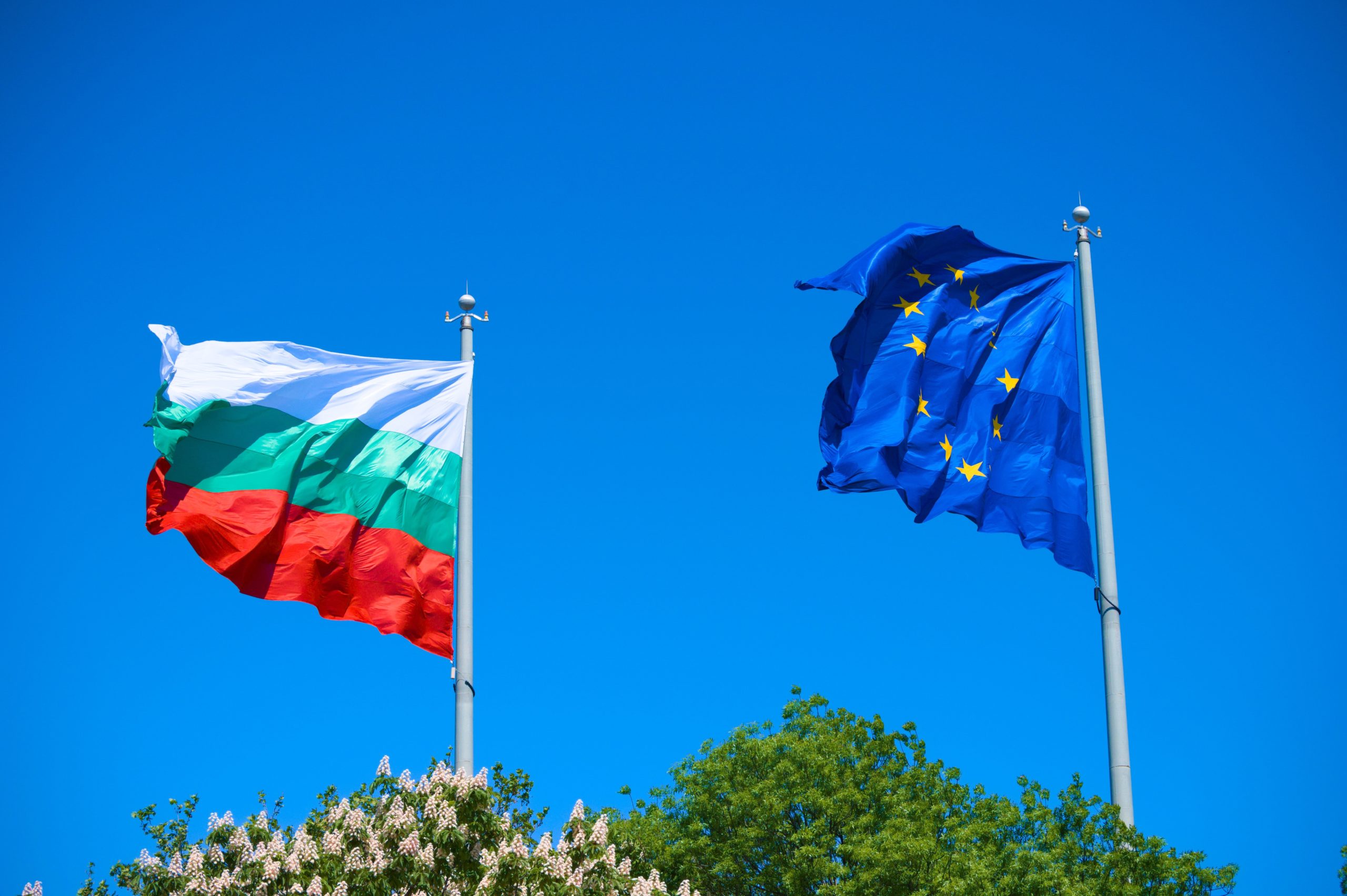Cross border trade is one of the key gauges and engines of national development. Nations with greater trading links and partnerships tend to have more harmonious foreign relations. It is in their interest to maintain cordial relations with trading partners or with foreign nations through which important logistical lines pass. International trade is also a boon to domestic populations. Households and businesses may supply from abroad the consumption goods or factors of production that are too expensive or inexistent domestically.
This highlights the linkages between international trade and Positive Peace. Both factors are intermeshed such that higher levels of Positive Peace are associated with greater ease of trading. Conversely, cross-border trade is one of the drivers of greater development of Positive Peace domestically.
The Heritage Foundation’s Trade Freedom indicator is a “composite measure of the absence of tariff and non-tariff barriers that affect imports and exports of goods and services.”[i] Non-tariff barriers are impediments to importing or exporting imposed in addition to cross-border duties and taxes. Examples are quantity restrictions (e.g. import quotas), price constraints, regulatory restraints (e.g. licensing or sanitary limitations), investment restrictions (such as foreign exchange controls), customs limitations (e.g. burdensome clearance procedures) or direct government intervention in the form of internal production subsides and other. Higher Trade Freedom scores indicate greater levels of freedom to import into and export from a country.
Consistently with the Ease of Doing Business results of the previous section, Sound Business Environment, Well-Functioning Government and Low Levels of Corruption are closely associated with Trade Freedom. But the Good Relations with Neighbours Pillar for obvious reasons is also highly important for cross-border trade. Of note, this Pillar is not highly associated with Trade Freedom among high-income countries. This is because such countries already near-maximum levels of regional integration and international trade such that further improvements in Good Relations with Neighbours are difficult to attain. However, in middle- and low-income countries, advances in this Pillar significantly boost businesses’ ability to import resources and export goods and services thereby expanding their reach. In particular, improvements in Good Relations with Neighbours can support income and consumption in upper-middle income nations, with one evident example being Bulgaria’s accession to the European Union.
High Levels of Human Capital is linked to Trade Freedom especially in high-income countries, but less so in other categories. This is because the most developed nations tend to dominate the international trade in services – especially in finance, professional and information technology – which are high-value added activities.

The economic impact of Bulgaria’s accession to the European Union
Bulgaria joined the European Union on 1 January 2007, after a long period of preparations. This followed a 28 per cent decline in GDP immediately after the collapse of the Iron Curtain in the early 1990s. Accession to the bloc was seen as a way to improve the country’s regional integration, boosting foreign direct investment, cross-border trade and tourism. Thus, accession would provide a substantial impetus to the country’s Good Relations with Neighbours and overall PPI scores.
In preparation for accession, the Bulgarian government and international agencies implemented a range of measures that increased income and consumption across the nation. Authorities took steps to reign in inflation and to attract greater levels of foreign direct investment. Deep economic reforms were also undertaken to reduce the size of the government and to improve administrative efficiency.
As a consequence, between 2003 and 2007, the average per-adult income rose by 37 per cent across the country.[i] In rural areas this increase reached 57 per cent. Household consumption increased by 21 per cent over the period. Bulgaria’s GDP, which had hovered below $20 billion per year (current US dollars) for the entire 1990s, soared to $54 billion in 2008.
Also read : How drones and other ‘trade tech’ are transforming international trade